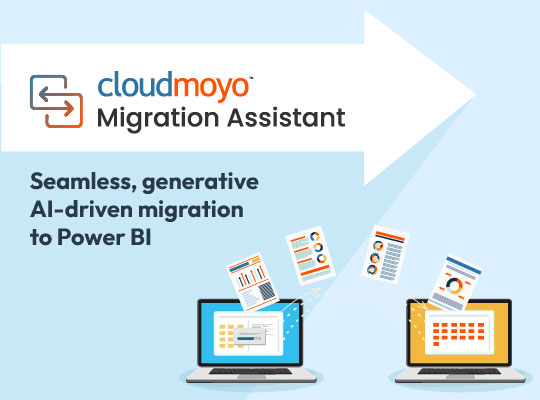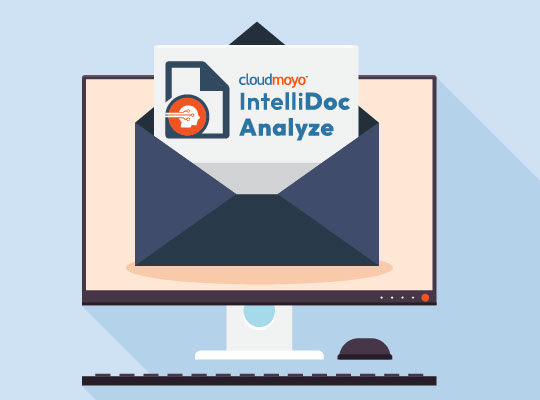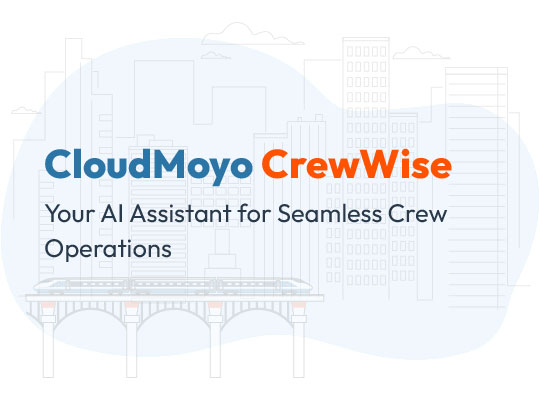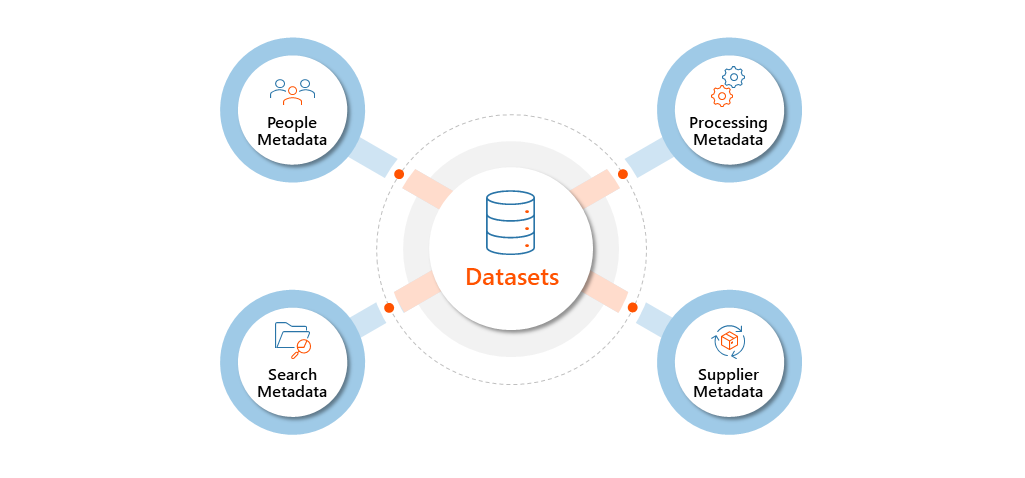In the age before computers, you had libraries with professional librarians that had all the information on every single book in that library. Then came computers that could store terabytes of information about all the books, CDs, magazines, and music in the library, like where you could find it, if it was available, the author, etc. Today, you can check out e-books directly from the library and listen on your personal devices like phones or tablets, check the inventory of specific books and if they’re available at other branches, pay late fees, see what books you’ve got checked out, and so much more.
What is a Data Catalog?
Well, in the age of Big Data, Data Catalogs are like libraries. According to IBM, they’re a detailed inventory of all data assets in an organization, tracked using metadata; and they help professionals find the right data for the purpose they need. But a Data Catalog for enterprises would be like a national library system that allows you to view every single book in every single library across the country!
Data Catalog is important for organizations because data is being used to inform our business decisions in many ways. You need the right data to make the right decision, all while staying compliant with increasing rules and regulations like the GDPR.
It’s an integral part of your Data Governance strategy – the set of policies and procedures that ensures your organization’s data is accurate and handled properly when being entered, stored, modified, accessed, and deleted. Data Catalog helps various data stewards, data scientists, and/or chief data officers find and handle a company’s data.
Benefits of Using a Data Catalog
There are tons of reasons to use a Data Catalog for Master Data Management, but to name a few:
- Understand data’s relevance with improved context – data inventory has all the information data citizens need like descriptions, additional comments, dates, etc.
- Better operational efficiency – IT staff can spend time on their high-priority tasks while data users find the data they need
- Improved data analytics – in the age of self-service BI, analysts have access to a company’s entire repertoire of datasets
- Increased regulatory compliance – data catalog tools are continually enriching metadata of data assets, profiling them and automatically classifying & tagging them to specific regulations
What to Look for in a Data Catalog
Have we convinced you that you need a data catalog to manage your data? If we have, the next step is to figure out what you should look for in a Data Catalog (and in a partner who can help you build one!).
- Search & data discovery – searching for your data should be easy using keywords and other business terms; searches should be ranked by relevance and/or use frequency (like looking for your favorite Netflix show!)
- Connection to lots of data sources – metadata should be harvested from a variety of sources, even if they aren’t connected (like on-premise systems and cloud data warehouses)
- Automation – manual tasks should be automated using artificial intelligence and machine learning techniques on the collected data
- Integration with existing data governance programs – with your trusted data governance program in place, a data catalog should integrate seamlessly with tools you have in place like workflows or business glossaries
Democratize Your Data with CloudMoyo Data Modernization Services
With more than a decade of experience in the technology industry, CloudMoyo are trusted experts in guiding enterprises through legacy data modernization. We focus on data management and governance to create scalable, compliant, secure, and accurate processes. With end-to-end support from evaluation to action, we help clients migrate, build, and maintain modern data platforms and extract valuable insights through analysis and prediction.
We have expertise in enterprise data management, modern data warehousing, master data management, data migration & integration, big data & streaming, decision analytics, and more. Our experts have supported clients from a variety of industries modernize their data platforms:
- Leading Supply Chain Services Company Optimizes Data Flow
- Improved Performance of Engineering Consulting Firm by Connected Data Management Systems
- Cloud Data Architecture Establishes Readiness for Advanced Analytics & AI/ML Apps at Terracon
Building a Data Catalog that suits your organization’s needs can be easy with the right partner. Implementing a Data Catalog will benefit your entire organization – IT will have more time to work on higher-priority items, data users (technical and non-technical) can access the company’s entire data repertoire, chief data officers can ensure all teams are utilizing data in the compliant and correct way, and your business will have its best data to make the best business decisions.
Ready to build a secure, compliant, and efficient data catalog? Contact us to get started >>




















